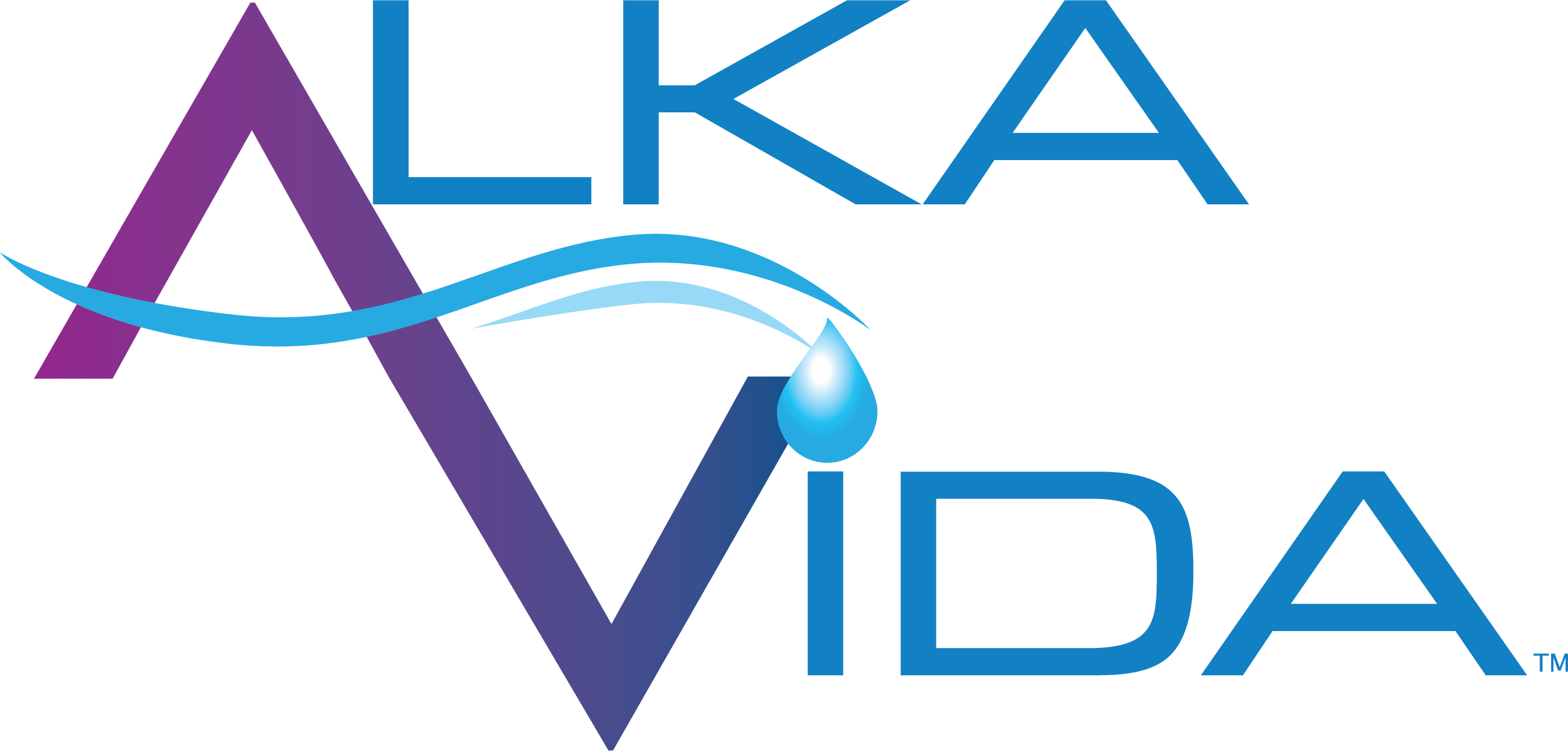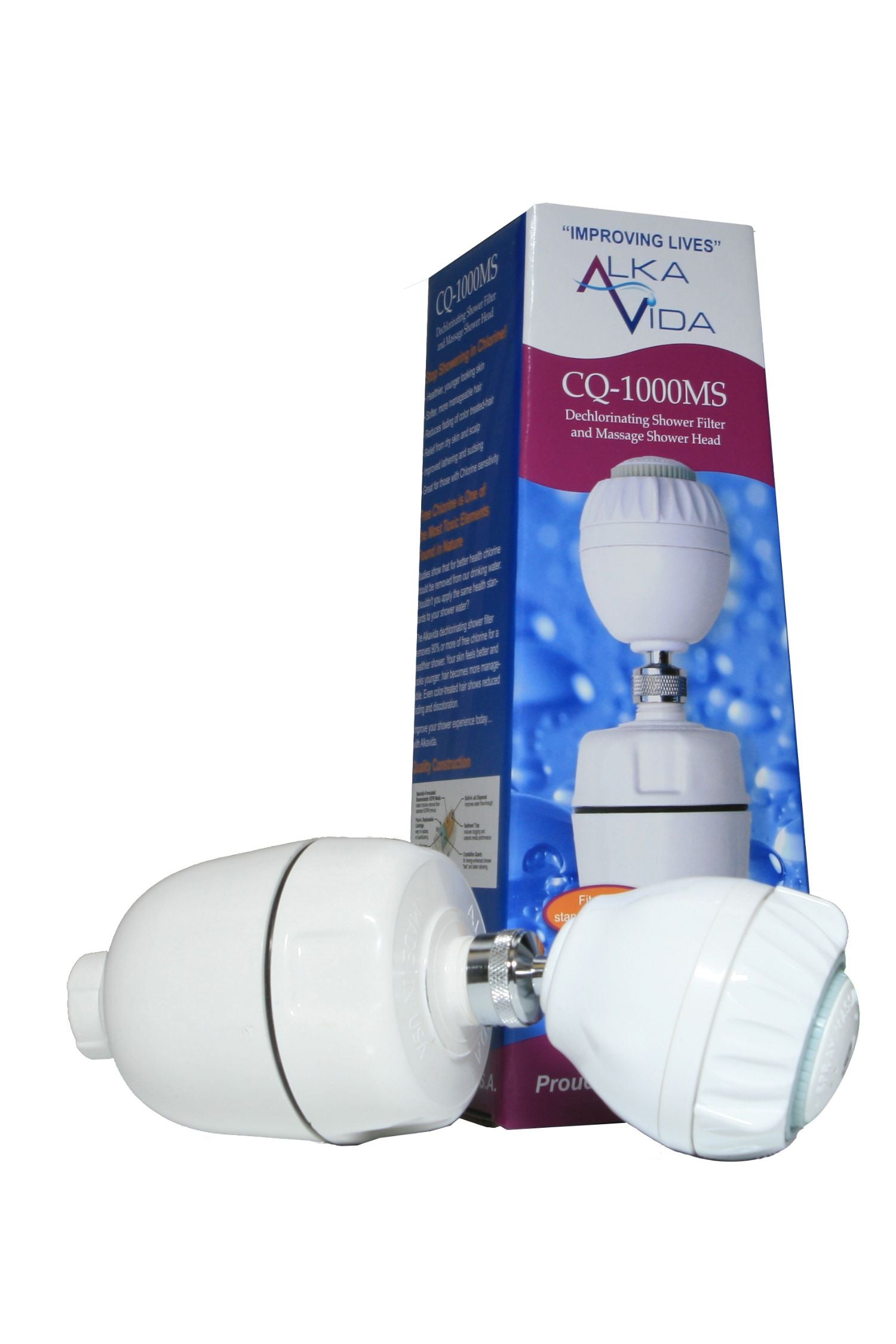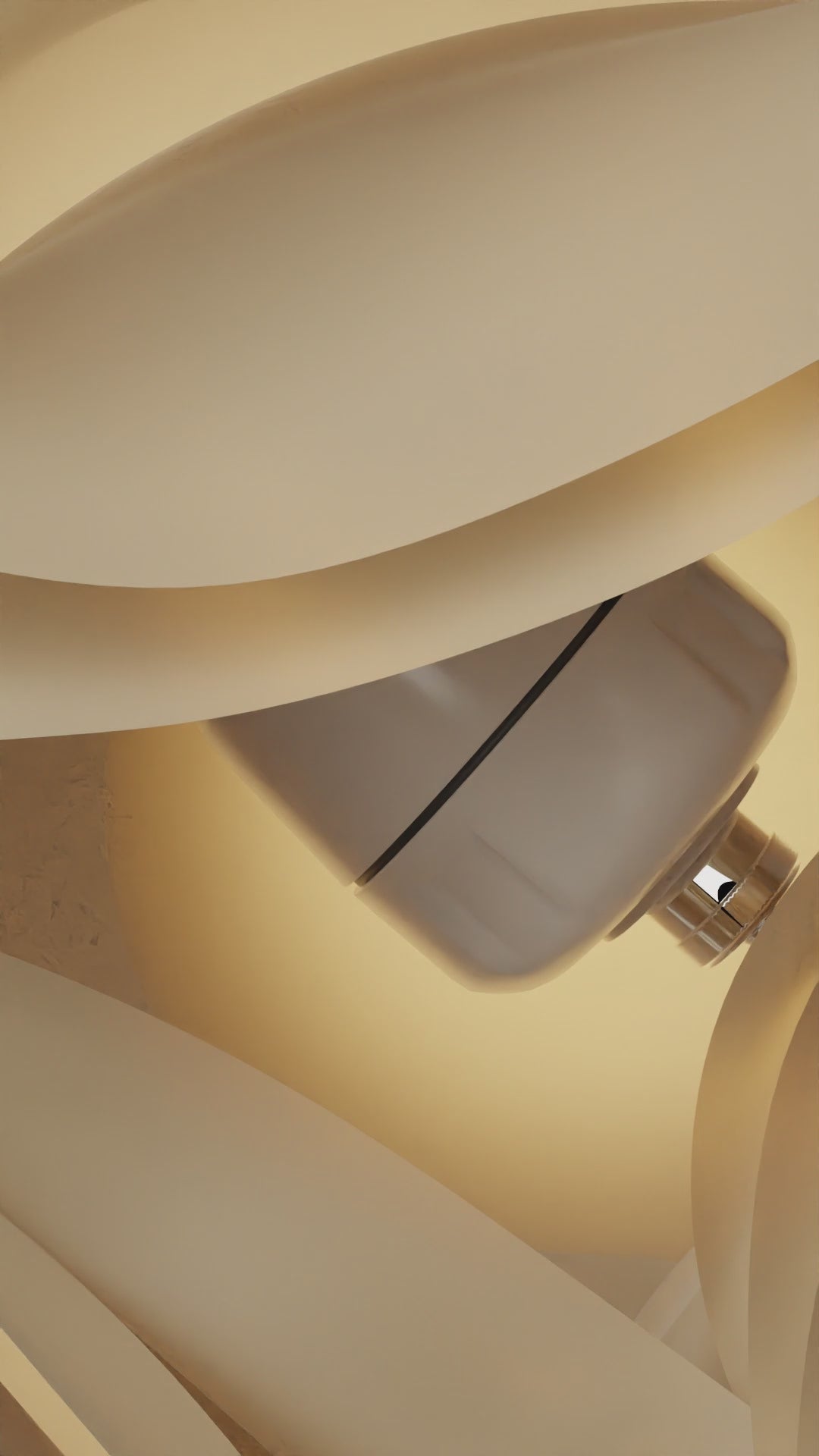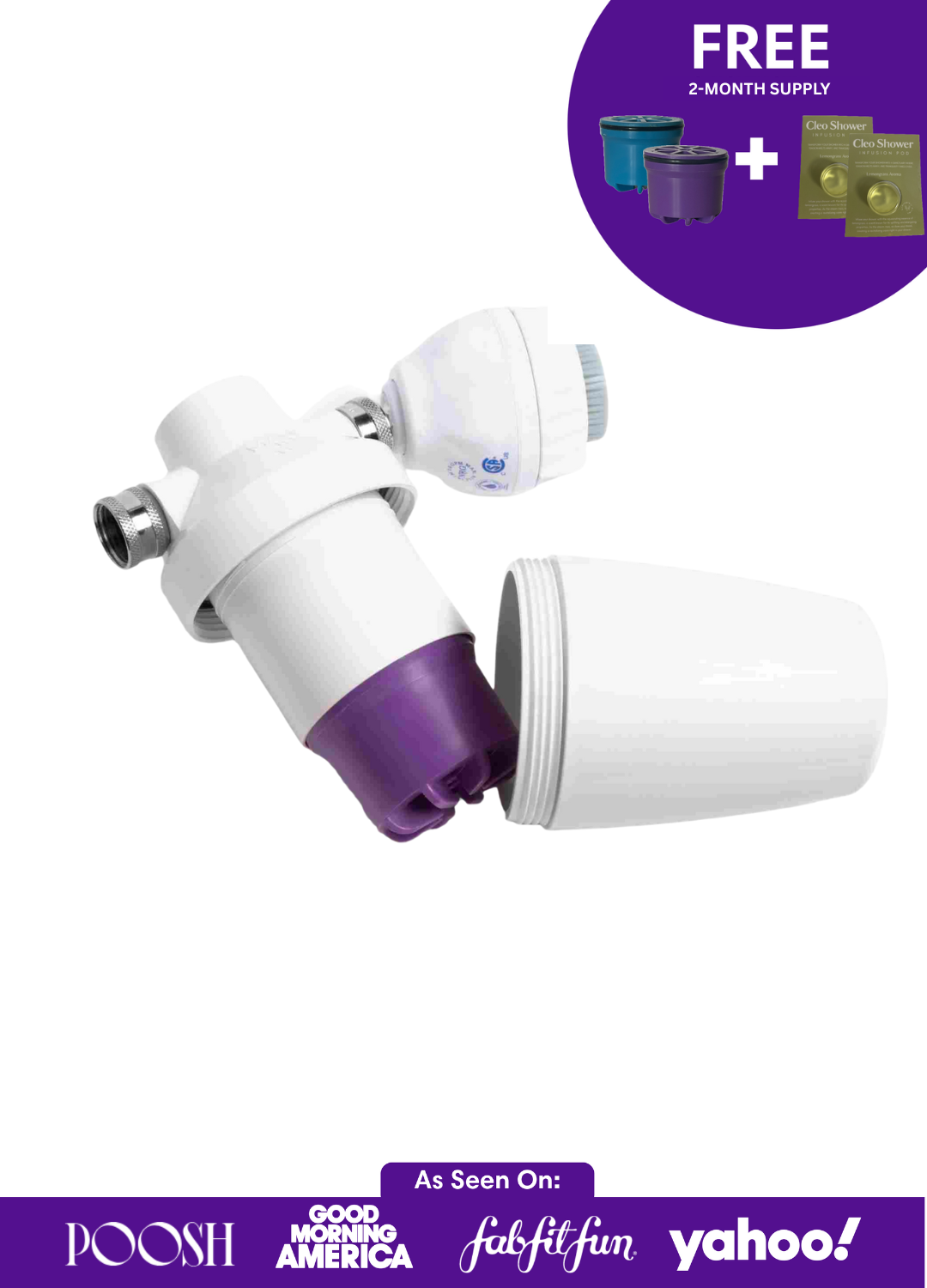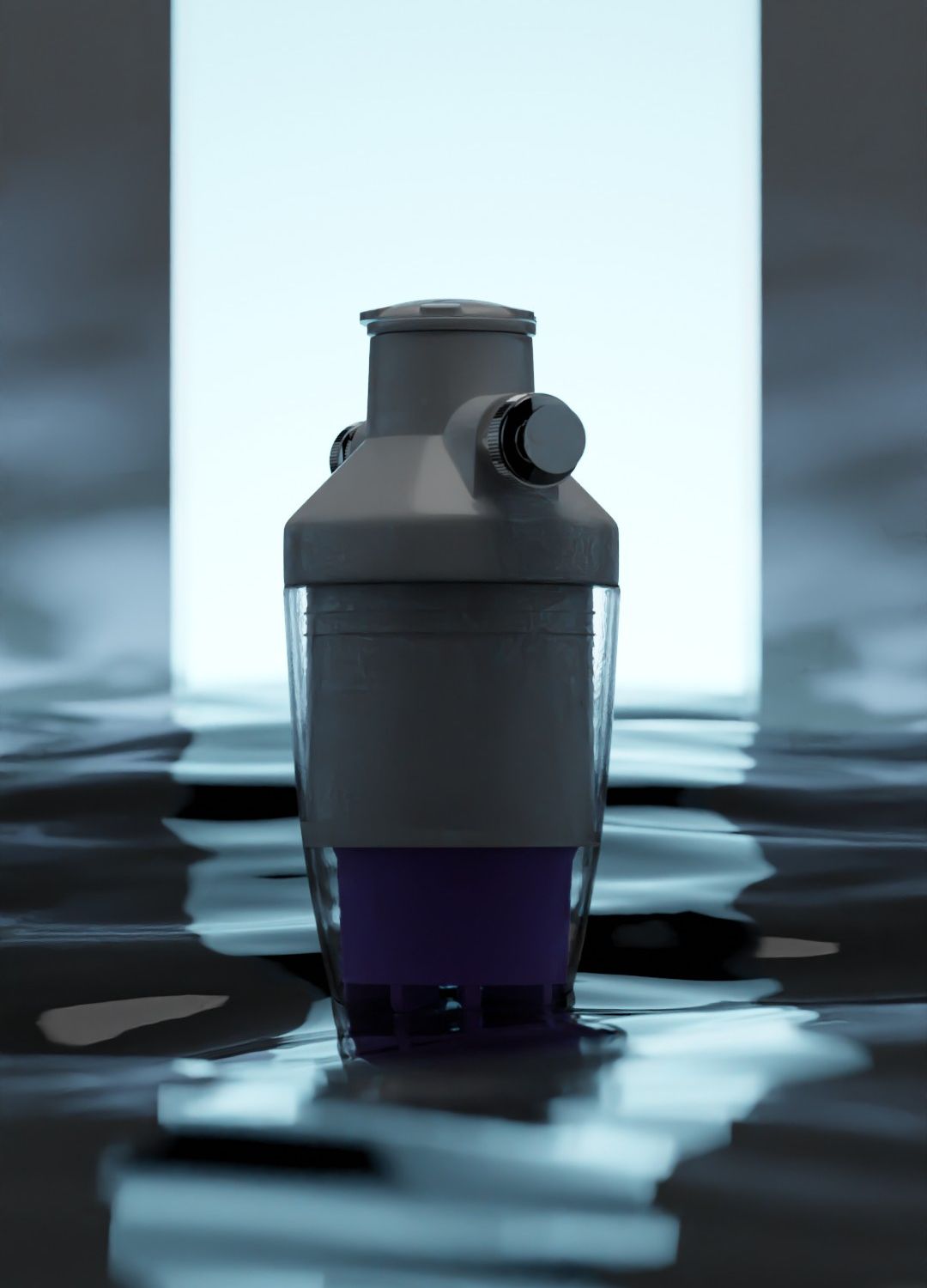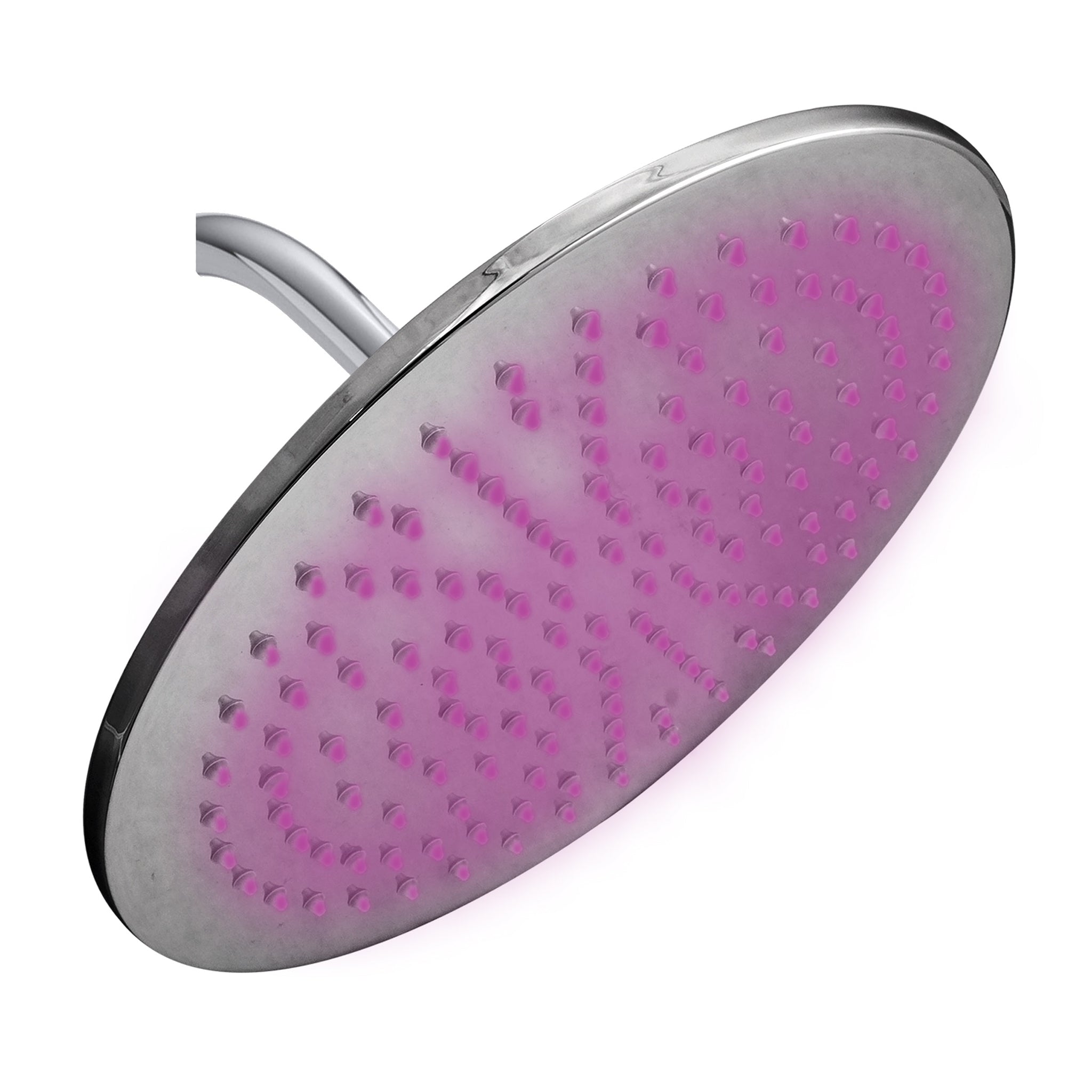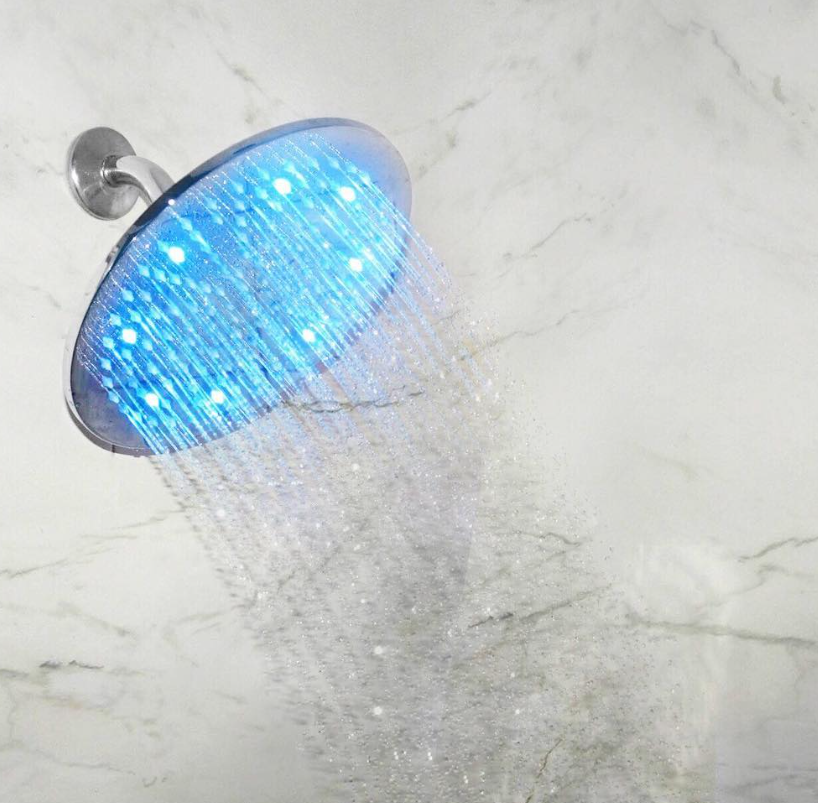Electric Alkaline Ionizers and why they are not good for you
If you're contemplating acquiring an alkaline ionizer, such as models from Kangen, Jupiter, Life Ionizer, IonLife, and similar brands, with the intention of obtaining truly pure water, it's important to understand the limitations of these devices. Alkaline ionizers are designed to alter the pH level of water by electrolysis, but they are not inherently equipped to purify water from all contaminants.
To achieve truly pure water, you would need to integrate a Reverse Osmosis (RO) system with your alkaline ionizer. Reverse Osmosis is a filtration process that is highly effective in removing a wide range of contaminants, including dissolved salts, bacteria, viruses, and chemical pollutants. This process works by forcing water through a semipermeable membrane, which filters out impurities.
When combining an RO system with an alkaline ionizer, you first purify the water using the RO process, effectively removing the unwanted contaminants. After this purification step, the water can then be processed through the alkaline ionizer. This way, you can enjoy the benefits of alkaline water while ensuring that the water you're consuming is free from harmful substances.
It's important to note, however, that RO systems can also remove beneficial minerals from the water. Some alkaline ionizers are designed to reintroduce minerals back into the water during the ionization process, but this capability varies between models and brands. Therefore, when selecting an alkaline ionizer, you should consider whether it has the feature to add minerals back into RO-treated water.
In summary, if you aim for the highest purity in conjunction with the benefits of alkaline water, pairing an RO system with an alkaline ionizer is a comprehensive approach. This combination ensures that you are not just altering the pH of your water, but also significantly reducing or eliminating a wide array of contaminants.
